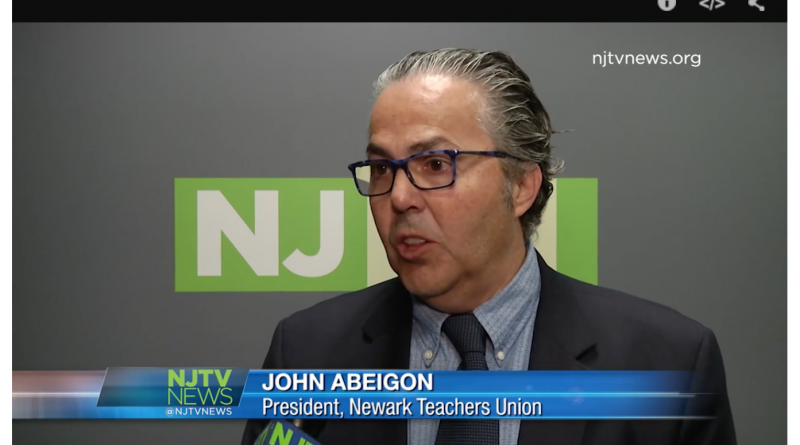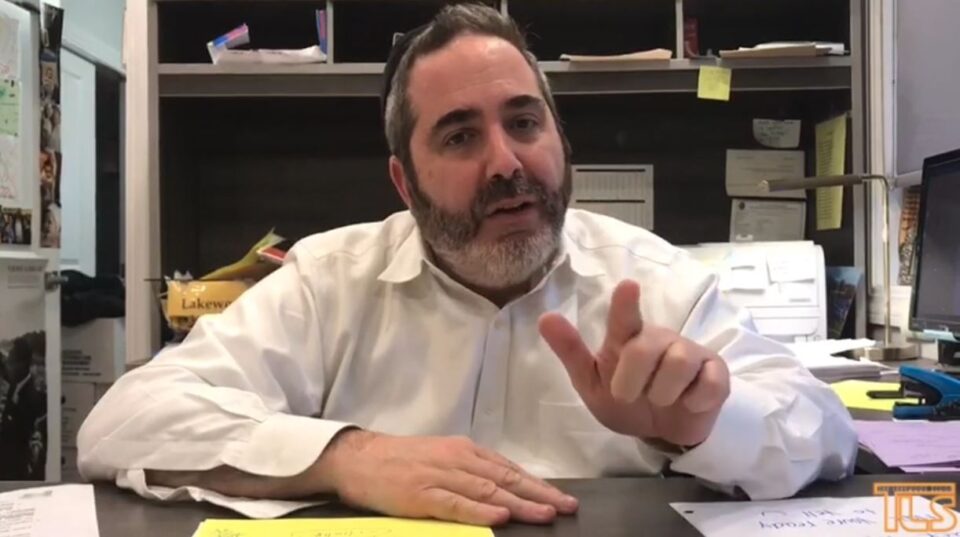QOD: Camden Resident Says Parents Have a Right to School Choice
October 13, 2015The Facts about Newark’s Charter School Expansion
October 14, 2015Here’s Why I’m Worried about Tonight’s Presidential Debate
We’re only hours away from what will likely be a languorous Democratic debate — no Trumpstering or Carson-solecisms to pass the time — but I have three concerns:
- CNN will decline to ask any education-related questions of the five candidates.
- Candidates, if asked, will expertly deflect questions to belie any substance.
- Candidates, if asked about their views on charter schools, will fall back upon that tired canard of autonomous schools as temporary “laboratories of innovation.”
Let me explain #3.
In 1988, almost thirty years ago, Albert Shanker, founder of AFT, proposed a school of choice that would be publicly funded, free of district bureaucracy, independently managed, and innovative. He called them “charter schools.” Since then, especially over the last ten years (thanks to No Child Left Behind’s spotlight on achievement gaps and failing schools) charter schools have flourished as an alternative to traditional schools.
According to Andy Rotherham, “even conservative estimates of charter school growth indicate that within two decades 1 in 5 American students will attend a charter school and some defensible estimates put that figure at more than a third.”
But there’s so much pressure on our presidential candidates, at least on the blue side, to denigrate this sort of growth in order to wear the fraternity pin of teacher unions. And one glib way to satisfy NEA and AFT lobbyists is to say something like, “school choice is great but I think that we should return to the good old days when charter schools were laboratories of innovation,” transient experiments that, if successful, get transferred to traditional schools.
Here’s the problem: this may work in presidential debates but it doesn’t work on the ground.
This week Camden mom Ms. Lakeia Jackson wrote a letter to the Courier-Post in response to an anti-charter school editorial. She explained how much her six-year-old son loves attending his new KIPP charter school. His favorite activity, she says, is when the two of them attend “Saturday school”:
I never thought my son and I would get excited about going to school on Saturday, but KIPP has games and fun activities that make us feel really good about going to school together, which also gives the scholars and parents an opportunity to meet-and-greet and make new friends.
Saturday school, huh? Well then, if it works in the charter laboratory, let’s move it into the traditional public. Isn’t that how it’s supposed to work?
But it doesn’t work because union work rules get in the way.
In a good charter school like the one that Ms. Jackson’s son attends, school calendars are developed by the board and administration, generally hewing to the line of what’s best for kids. Longer school days and years are common, as are more time-absorbing professional development for teachers.
But in a traditional school, work days, including PD, are negotiated with local bargaining units. I can’t find Camden Education Association’s contract (although it’s a public record it’s behind a member-only wall, at least on the CEA page). But, for the purpose of comparison, I pulled up the latest contract for the Trenton Education Association, another struggling N.J. urban district.
If Trenton Public Schools wants to have Saturday school or longer school days, here’s what happens, according to the 2015-2018 bargaining agreement:
3. The work year for each Helping Teacher, Reading Resource Teachers, Facilitators, Teacher Leaders, Technology Facilitators, Learning Consultants, Psychologists, Child Study Team Social Workers, and Early Childhood Liaison Teachers will begin five (5) days before the first reporting day for teachers. The work year for Helping Teacher, Reading Resource Teachers, Facilitators, Teacher Leaders, Technology Facilitators, Learning Consultants, Psychologists, Child Study Team Social Workers, and Early Childhood Liaison Teachers will end on June 30. The workday will be the same as that of twelve-month teachers, i.e., 8 am to 4 pm with a one (1) hour duty free lunch period. Helping Teacher, Reading Resource Teachers, Facilitators, Teacher Leaders, Technology Facilitators, Learning Consultants, Psychologists, Child Study Team Social Workers, and Early Childhood Liaison Teachers shall have the same holidays as other teachers in the unit. For the longer work day and work year, each Helping Teacher, Reading Resource Teachers, Facilitators, Teacher Leaders, Technology Facilitators, Learning
Consultants, Psychologists, Child Study Team Social Workers, and Early Childhood Liaison. Teachers will be paid a salary computed as his/her teacher base guide plus an additional twelve percent (12%) of that salary.
Phew. That’s a lot of verbiage. Translation: teachers who work beyond their normal work day (including, for example, a 30 minute lunch period and a 44-minute prep period for elementary school teachers) will be paid not only for their additional hourly time plus 12%.
Saturday school is untenable for district budgets and bargaining agreements. It’s not a matter of paying teachers more: of course they should get paid more for working more time. But probably not at the scale demanded by the union contract.
So here’s why I’m worried about tonight’s debate. It would so easy for Hillary Clinton and Bernie Sanders (and Webb, O’Malley, and Chaffee) to salute charter schools’ flexibility and freedom from bureaucracy but then, with an arch wink at Randi Weingarten and Lily Eskelson-Garcia, chant “laboratories for innovation!”
No. Ms. Jackson’s son is not a lab rat participating in a science experiment. He’s in a public school that, if KIPP’s reputation holds up, will serve him better than any alternative.
Charter schools are not transient phenomena. They are here to stay. A measure of a candidate’s honesty is whether he or she can resist pressure from lobbyists to say otherwise.




